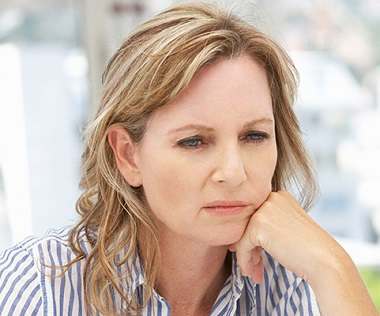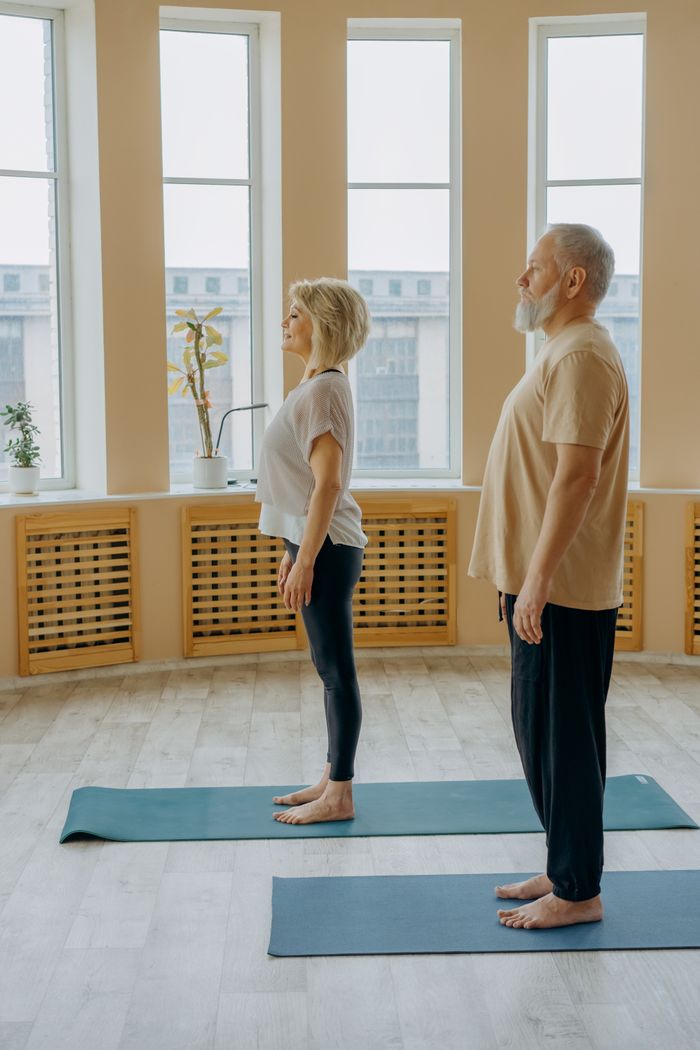


In the same way, insomnia was detrimental to antioxidant levels, where glutathione peroxidase was much lower in the poor sleep group. The central nervous system (CNS), which contains high levels of polyunsaturated fatty acids (PUFAs) and lipids, is a vulnerable and well-known target of reactive oxygen species (ROS).Ī study by Gulec and colleagues showed that the serum level of malondialdehyde (oxidative stress marker) in patients with primary insomnia was significantly higher than in controls. Not only does insomnia significantly increase the risk for many chronic diseases including arterial hypertension, myocardial infarction, heart failure, type 2 diabetes, cognitive impairment, neurodegenerative disease, major depression, and sick leave, but it also has the effect of increasing mortality. The changes in the levels of various sex hormones - including decreases in estradiol level and increases in the follicle-stimulating hormone, progesterone, and testosterone across the menopausal transition - are associated with perceived poor sleep quality, sleep fragmentation, and increased awakenings. The team says the study results demonstrate vitamin E’s potential as an excellent alternative treatment for chronic insomnia disorder that improves sleep quality and reduces sedative drug use. The study utilised the PSQI questionnaire, which is simple, internationally standardised, and validated for identifying poor sleepers and following up on sleep quality.
#Menopause and insomnia help trial
The authors say it is the first randomised placebo-controlled trial to evaluate vitamin E’s effects on chronic insomnia disorder. The current double-blinded, randomised, placebo-controlled trial was conducted at the Department of Obstetrics and Gynaecology, Faculty of Medicine, Ramathibodi Hospital, Bangkok, Thailand, to evaluate the potential of vitamin E to treat chronic insomnia in a sample of 160 postmenopausal women. The use of vitamin E is now more prevalent among postmenopausal women as l arge numbers of studies have shown that vitamin E may help with hot flushes caused by estrogen deficiency or have a beneficial effect on bone formation in postmenopausal women.Īlthough there has been no clinical trial performed to determine the potential of vitamin E for treating chronic insomnia disorder in humans, some studies found that vitamin E consumption significantly restored normal blood levels of glutathione peroxidase while suppressing malondialdehyde, which led the authors of the current study to propose that a reduction in oxidative stress may be the mechanism by which vitamin E improves sleep quality. Two main isoforms of vitamin E are tocopherol and tocotrienol.
#Menopause and insomnia help free
Vitamin E is an antioxidant that acts to reduce the destruction of cell membranes in the body by eradicating free radicals and reducing inflammation. The relationship between oxidative stress and chronic sleep deprivation works both ways while oxidative stress may cause sleep disturbance by breaking the sleep–wake cycles, poor sleep quality also increases oxidative stress and lowers antioxidant levels. China: Probiotic supplements in e-commerceĬhronic insomnia disorder is one of the most common problems in postmenopausal women.Digestion and immunity probiotic supplements in e-commerce.Explained: The US e-commerce probiotic supplements market.Probiotic supplements: Global e-commerce 2018-2020, forecast for 2021.The gut-brain axis: Psychobiotic opportunity in 25 countries.


 0 kommentar(er)
0 kommentar(er)
